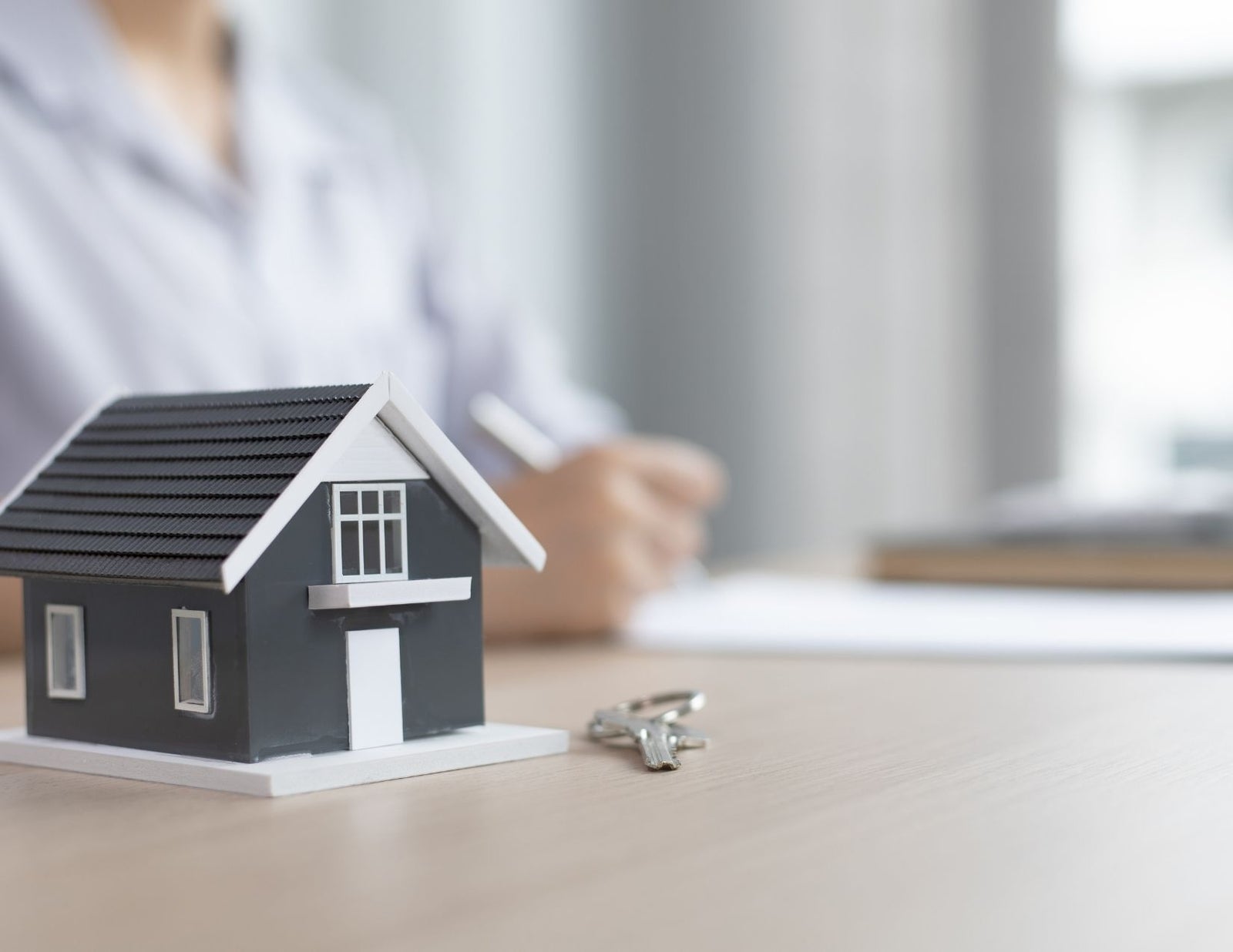
Often people say you are throwing your money away if you choose to rent and pay someone else’s mortgage, but this isn’t always the case. The most important factor in making the decision to rent or buy is to determine how long you plan on staying in the home. The longer you intend to stay the more cost efficient it becomes to own a home. A home’s value will generally appreciate over time and buying/selling a house typically costs about 5% of the sale price. Selling a house consists of Real Estate Commission on closing costs such as land transfer taxes and legal fees. If you buy a home and only plan on living in it for a year and pay 5% closing costs and the value of your home has only appreciated 2% then you are losing 3%, but if you plan on staying in the home for 25 years and it appreciates by 2% per year the appreciated value will more than cover the closing costs.
Should I Buy a Home?
Buying is recommended if you plan on residing in an area for a long period of time or staying in the Real Estate Market. There are various advantages to home ownership including:The Ability to Make Home Improvements: If you own your home you can make changes or renovations to the property that you can’t do as a tenant.
No Evictions- You don’t run the risk of getting asked to leave the property. Property owners (landlords) are permitted to evict tenants if they are selling their property or want to use it for personal use. Typically, landlords are entitled to give tenants 90 days notice to evict, but it is still an inconvenience making a move when you have no desire to do so.
Long Term Investment: A home purchase should be viewed as a long-term investment. If property values in your neighborhood rise, you can benefit from the increase when you sell your home or you can borrow against the equity in your home if you would like to make home improvements or for other reasons.
Rental Income: Perhaps you would be interested in renting out a room or a suited basement to help pay the mortgage on your property. A good way to get ahead financially is having someone else make the payment on your biggest asset.
Helps Create Good Financial Habits: Deciding to purchase a home is good motivation to practice saving habits and to become financially disciplined. You will need to save between 5-20% depending on the home’s purchase price as a down payment and once you have purchased your home you will be responsible for paying your mortgage each month. Lenders frown upon delinquent accounts and can foreclose on your home if payments are missed.
Home Ownership ExpensesIn addition to a mortgage or a down payment, homeowners also have ownership and maintenance expenses, which include property tax, condo fees and home insurance.
Property Taxes: Both condominiums and single-family homes have property taxes that are payable the town or city that you reside in. These taxes are used by the provincial and municipal government to pay for roads, libraries, police, firefighting, education and parks. Property tax is calculated based on the assessed value of your property and tax rate that can be a combination of both provincial and municipal taxes.
Property Insurance: Property insurance covers damages to the exterior and exterior of your home plus your personal assets and any personal injuries that occur on the property. It doesn’t cover damages due to wear and tear or typical usage of your home.
Should I Rent?
Renting is recommended if you don’t plan on staying in a specific location for a long period of time. The advantages to renting include:Flexibility: Renting allows you to move and change location with ease. If you frequently move for work, education, or travel this may be a good option for you.
Lower Fees: There aren’t many fees associated with renting in comparison to buying and selling Real Estate. If you buy and sell frequently these fees can easily add up.
Less Maintenance: Homeowners are responsible when things break or maintenance is required, this means pricey roof repairs, hot water tanks, broken appliances and other maintenance is not the responsibility of the tenant. Depending on your agreement with your landlord, you may be required to shovel the sidewalks, mow the lawn, or pay you own utilities.
Down Payment: Renters will typically be responsible for paying a security deposit equal to one month rent which is far less than saving up a minimum of 5% for a down payment on a home.
Things to Consider when deciding if renting or buying is right for you:
- What is the estimated rent or purchase price?
- How much is the down payment or security deposit?
- What is the mortgage rate or amortization period of the mortgage?
- What is your time frame for staying in the property?
The decision to rent or buy is a personal one. If you would like to discuss the costs of home ownership, please send me a message and I would love to guide your through the process.